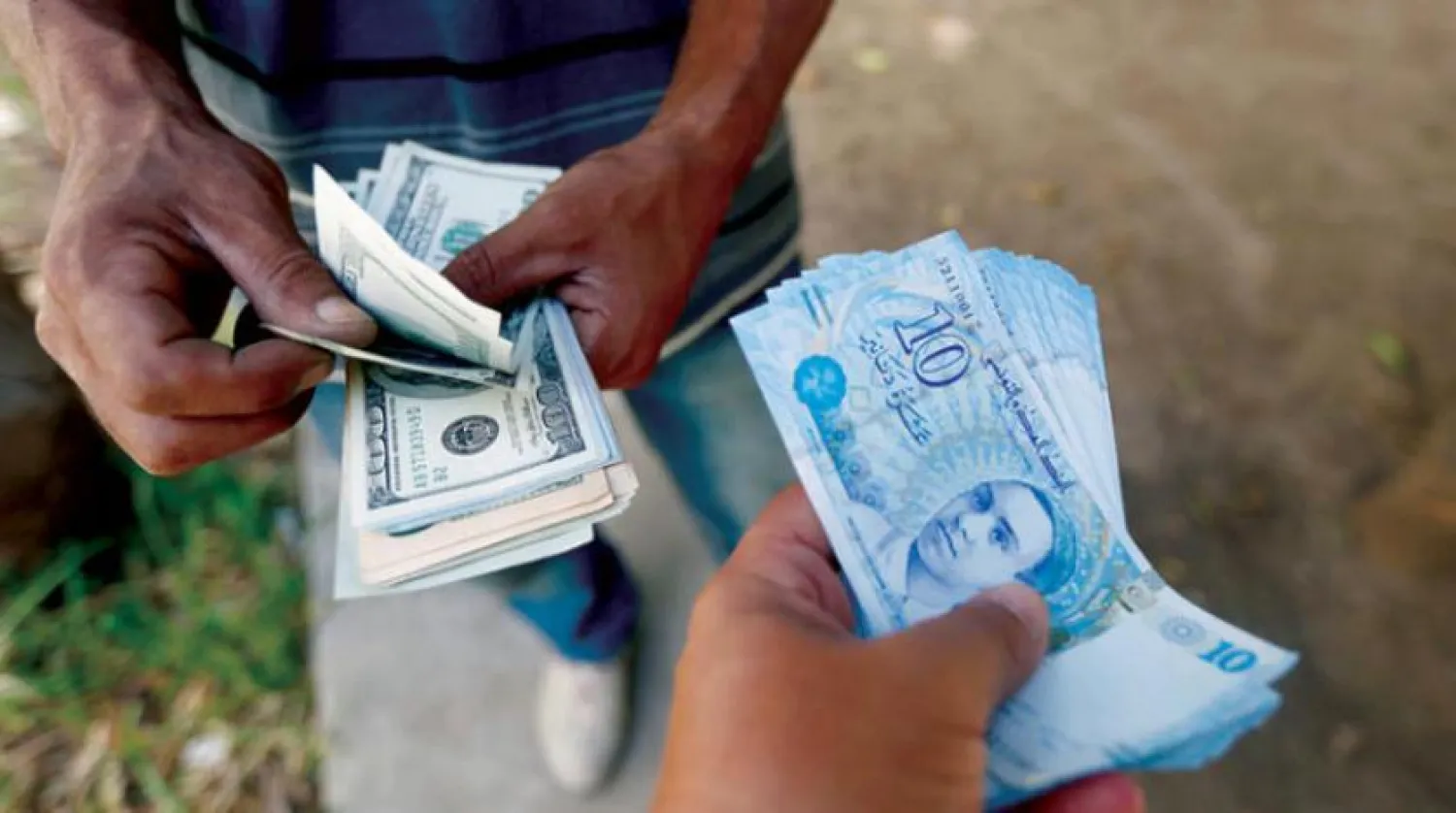Tunisia recorded an unprecedented economic contraction estimated at 8.8 percent in 2020 compared to 2019, according to figures by the National Institute of Statistics (INS).
In terms of sectoral figures, the INS affirmed that the rate of added value of market services declined by 13.3 percent.
It rose to 50 percent in tourism activities that include hotels, restaurants and cafes, in addition to transportation services related mostly to the tourism sector.
These figures did not surprise economists and finance experts, given the quarterly economic results announced since early 2020.
Regarding non-market services (services provided by the government), a decline of 7.6 percent was recorded in Q4 2020, following the adoption of the new work system in public administrative services with exceptional working hours.
According to statistics from the Ministry of Agriculture, Water Resources and Fisheries, the sector’s added value posted an increase of 4.4 percent in 2020.
On the other hand, the building materials and ceramics industry sector saw a one percent growth compared to the same period of the previous year.
The added value of non-manufacturing industries decreased by 3.2 percent in Q4 2020, compared to the same period in 2019.
This decline is due to a 34 percent drop in production in the mining sector, following the decrease in raw phosphate production.
Hence, production in this area was estimated at 3.1 million tons in 2020 compared to 3.7 million tons in 2019.
Commenting on forecasts over the economic recovery, Tunisian economic expert Jannat bin Abdullah said the return of economic activities to their previous levels is not only related to the pandemic but is also affected by the political and social environment, which is still dominated by tensions and disputes.
“This affects the classification of the Tunisian economy by international financing structures, which makes it difficult to obtain loans to finance development projects and create job opportunities,” she explained.
Jannat further pointed to the importance of overcoming the “uncertainty” in the country, in an attempt to provide an environment capable of attracting foreign investment.









